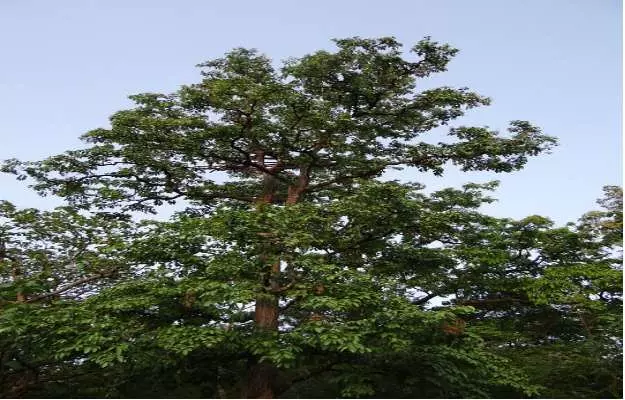What is Arjuna bark?
Arjuna is an evergreen tree belonging to the genus Terminalia along with medicinal marvels like harad (Terminalia chebula) and baheda (Terminalia bellerica). The medicinal beauty of this ornamental tree lies in its inner bark which is considered a tonic for the heart. In fact, mentions of this tree are found in the Rig Veda.
Ayurvedic doctors highly suggest arjuna bark for boosting overall heart health. Medically speaking, the bark of Arjuna tree is vastly studied for its healing benefits on various heart diseases including stroke, heart attack, and heart failure. It might interest you to know that keeping Arjuna bark is believed to strengthen the heart chakra (energy centre of the human body) and its medicinal properties are compared to that of hawthorn in western herbalism.
Originally a native of India, Arjuna tree is most commonly found near rivers and streams and it can grow up to a height of 25 to 30 metres. Arjuna bark is smooth and grey, but it has some green and red patches in between. The leaves of Arjuna are oblong (almost rectangular) and grow opposite to each other on its branches. The whitish cream flowers of this tree grow in clusters in the month of May to July. Arjuna fruit is greenish when fresh and turns a woody brown on maturity. The fruit has distinct wings which are one of the identifying features of Arjuna.
Did you know?
Terminalia is derived from a Latin word that means terminal or end. This could be in reference to the leaves of Arjuna tree that grow on the end of its branches. The name Arjuna itself means white or bright, which is believed to be due to its white flowers or its shiny white bark.
Some facts about Arjuna tree.
- Botanical name: Terminalia arjuna
- Family: Combretaceae
- Common name: Arjun, White marudah
- Sanskrit name: Arjuna, Dhavala, Nadisarja
- Parts used: Bark
- Native region and geographical distribution: Arjuna tree is native to India and Sri Lanka but it is also found in Bangladesh, Nepal, Pakistan, Indonesia, Thailand, and Malaysia.
- Energetics: Arjuna bark suppresses pitta and kapha while increasing vata so it has an overall cooling effect on the body.
Find best medical apps
























